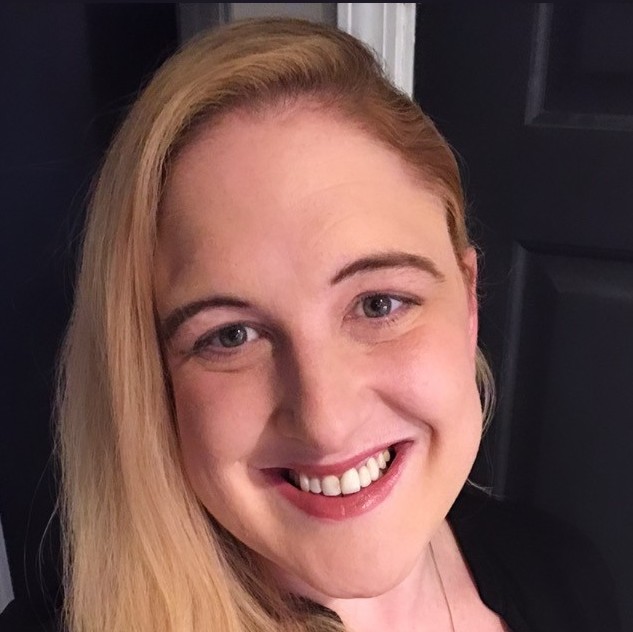The Department of Health Policy & Behavioral Sciences at the School of Public Health at Georgia State University is seeking a post-doctoral scholar to conduct research on the intersection of policy, law, ethics, and data sharing. This postdoc will join Prof. Jalayne Arias’ research team, whose interdisciplinary work focuses on policy, ethical, and legal issues related to Alzheimer’s disease, dementia, aging, and neuroscience. Prof. Arias and her team are launching a new and exciting grant to optimize data sharing practices among ADRD researchers.
The American Medical Association (AMA) is the nation's largest professional Association of physicians and a non-profit organization. We are a unifying voice and powerful ally for America's physicians, the patients they care for, and the promise of a healthier nation. To be part of the AMA is to be part of our Mission to promote the art and science of medicine and the betterment of public health.
ELSIcon2022 • Paper • May 27, 2022
Stephanie M. Fullerton, David R. Crosslin, Gail P. Jarvik, Susan Trinidad
ELSIcon2022 • Paper • May 27, 2022
Daniel Chavez-Yenter, Xiangying Chu, Yuyu Chen, Melody S. Goodman, Kimberly Kaphingst
PROJECT NARRATIVE Consumer protections are of rising importance to the sustainability of personal genomics and mobile health industries and realization of precision health, yet the extent of consumer protections available from the Federal Trade Commission (the primary federal agency in the United States responsible for ensuring online privacy and data security beyond medical settings, for the prevention of unfair and deceptive trade practices of companies that might not be governed by HIPAA, and for promoting innovation) are poorly characterized and have received surprisingly little ELSI re




